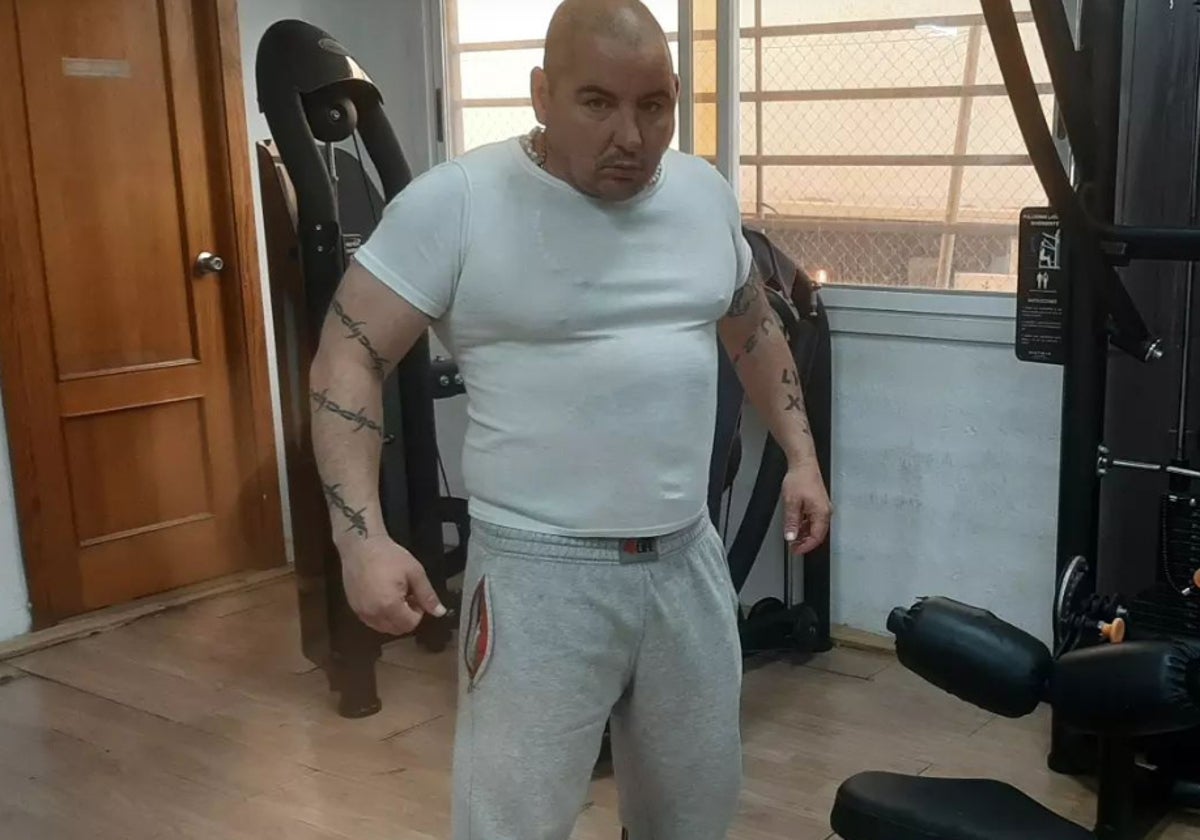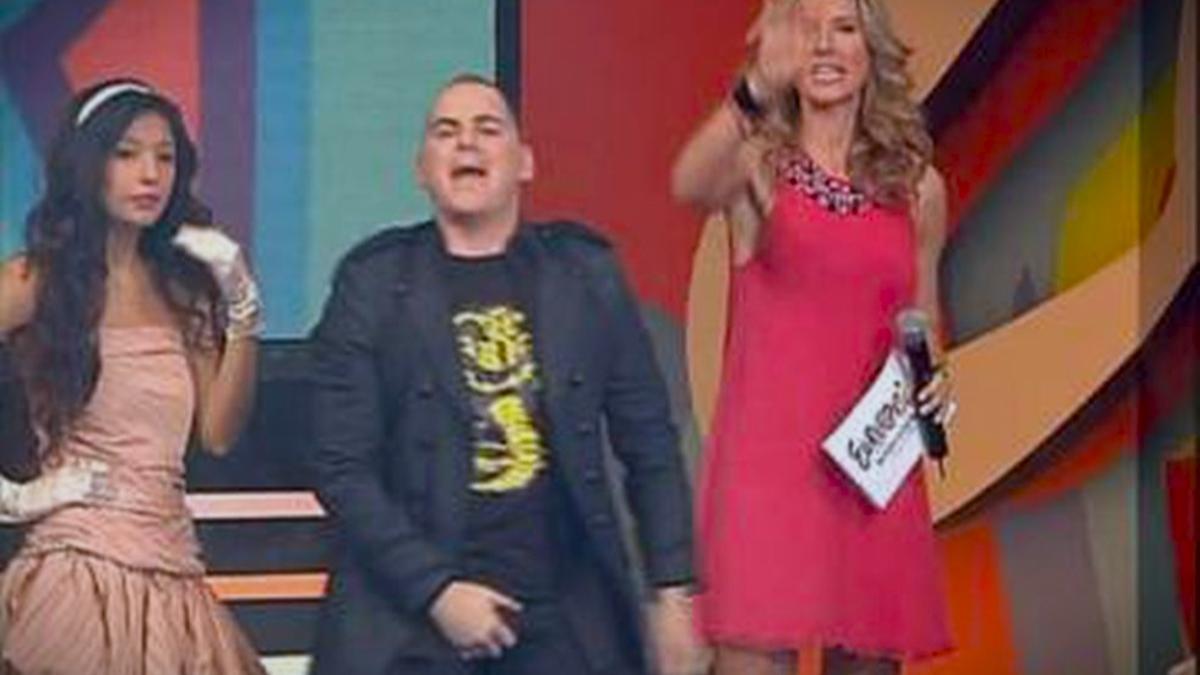John Cobra's Return: Scandal, Prison & What's Next?
Is it possible for a figure known for controversy and internet infamy to truly fade away, or does the digital echo of their past always linger? The return of John Cobra, the man whose name became synonymous with a particular brand of online notoriety, suggests that some embers of fame refuse to be extinguished.
The recent release of John Cobra, whose real name is Mario Vaquero Garcs, from prison has once again thrust him into the public eye. The news, predictably, caused a stir, particularly given the nature of his previous exploits and the memories those exploits evoke. For those unfamiliar, John Cobra, or simply "El Cobra," carved a niche for himself in the early days of online video and social media. His notoriety was built on a combination of audacious behavior, often bordering on the offensive, and a unique ability to garner attention, good or bad. His actions included controversial gestures and public outbursts that, in some cases, led to official apologies from media outlets. The echoes of these moments are still very much present in online discussions and archived videos, demonstrating the enduring power of early internet scandals.
Vaquero Garcs, a native of Puzol, Valencia, Spain, born on February 11, 1978, first gained widespread attention due to his contentious appearance on the "Rumbo a Eurovisin" program. His performance was immediately met with outrage and his persona was built around a brash and confrontational image. Vaquero Garcs's attempt to represent Spain in the Eurovision Song Contest 2010, fueled by support from the online community Forocoches, became a national talking point. Even his subsequent endeavors have been marked by a similar penchant for controversy, a quality that has both propelled and, in some ways, limited his career.
Since his release, Cobra has once again turned to social media. He has indicated an intention to revitalize his online presence, this time utilizing platforms like TikTok. This renewed effort underscores the cyclical nature of internet fame. For figures like Cobra, past scandals aren't simply chapters to be closed; they are often the foundation upon which their future narratives are built. Whether this particular reincarnation will bring him further success, remains to be seen, but the fact of his return demonstrates the enduring relevance of the controversies that shaped his initial fame. He has also, it should be noted, reportedly expressed his views on political matters, including the Catalan independence referendum, drawing both criticism and further media attention.
| Category | Details |
|---|---|
| Full Name | Mario Vaquero Garcs |
| Nickname | John Cobra, El Cobra |
| Date of Birth | February 11, 1978 |
| Place of Birth | Puzol, Valencia, Spain |
| Known For | Controversial online persona, appearance on "Rumbo a Eurovisin" |
| Controversies | Public outbursts, offensive gestures, involvement in online scandals. |
| Current Activities | Active on social media, attempting to revitalize online presence. |
| Associated With | Internet, Eurovision Song Contest, Forocoches (online community) |
| Reference | Wikipedia |
John Cobra's history is intertwined with several key events and associations. The "Rumbo a Eurovisin" performance in 2010, which he entered with the help of online forum Forocoches, proved to be a turning point. His confrontational antics during the show, leading to widespread condemnation, cemented his notoriety. These actions had far-reaching consequences, leading to censorship by the broadcasting network RTVE, and further amplifying the controversy, helping to ensure his legacy in the early internet landscape.
Beyond the specific events, the very nature of Cobra's persona is noteworthy. He is an example of how an individual can leverage the internet, using provocation and audacity to build and maintain their visibility. This approach, while attracting both fans and detractors, has proved to be a surprisingly sustainable strategy in the world of online content creation. He's someone who seems to understand the nuances of virality that even negative attention can be a valuable commodity.
The announcement of Cobra's release, and his subsequent return to social media, brings with it a mix of reactions. For some, it may evoke nostalgia for the early, wilder days of the internet. For others, it might stir up feelings of frustration or disapproval. Regardless of personal sentiment, his continued presence is a reminder of how digital imprints can endure, reshaping narratives and influencing how individuals are perceived long after the events that first put them in the spotlight.
Looking at his recent activities, including his intention to utilize TikTok, is instructive. It suggests an understanding of how online trends and platforms evolve. He's not trying to recreate the past wholesale, but rather adapt his approach to suit the current digital environment. The fact that he is attempting a comeback using the most recent popular platforms, reflects that he is aware of the ever-changing landscape. He also is keeping his engagement current, showing an understanding of the fast-paced world of internet trends.
Another aspect of Cobra's story is his interactions with other personalities. He has engaged in confrontations with other public figures, adding layers to the narrative. The reported animosity with "el Batu," a Grancanarian figure with whom Cobra has had a viral fight years ago, is a perfect example of this dynamic. These feuds, along with the threats directed at Carles Puigdemont, are the kinds of attention-grabbing tactics that have become almost predictable aspects of his persona. His responses to social and political issues, show his understanding of the current conversation, and further add to his reputation.
While discussing John Cobra, it is essential to consider the broader context of internet culture and celebrity. Figures like Cobra thrive in an environment where outrage and controversy are often rewarded, and where the lines between genuine expression and calculated performance can become blurred. They represent a particular type of online personality, one that is often shaped by the pursuit of attention and the manipulation of public perception. The reactions of the broadcasting network, and the subsequent apologies, highlight the responsibility that media companies have in light of the internet's increasing role. Such examples are also important to remember as these are the type of moments that helped define his role in the world of online presence.
Cobra's impact has been acknowledged by others too. While the precise details of his work and impact are often difficult to ascertain, it is undeniable that his actions have left a mark. His ability to get noticed, to be remembered, is what defines him. Though the precise meaning of "El Cobra" is complex, his effect on popular culture is still a topic of conversation.
The case of John Cobra raises questions about the role of censorship and the responsibility of media. RTVE's decision to edit out certain elements of his performance, in particular, underscores the ongoing struggle of television networks and other media to balance freedom of expression with the need to adhere to ethical guidelines and maintain audience standards. This is a challenge, given the nature of the internet and how it helps to define the audience, making it even harder to get things right.
Moreover, Cobra's story is also a testament to the evolving nature of internet fame. It has proven that even figures initially defined by controversy can find ways to remain relevant. This ability to adapt and endure, despite the changing landscapes, is an important component of their success. This dynamic raises questions about media consumption and the impact of online personalities on the audience.
The story of John Cobra, like many internet figures, serves as a prism through which we can examine the world of online expression, controversy, and the enduring nature of digital legacies. It is a reminder that in the ever-evolving landscape of the internet, those who once made headlines can, and often do, find ways to stay in the public consciousness. The question is, what will his legacy look like in the years to come?


